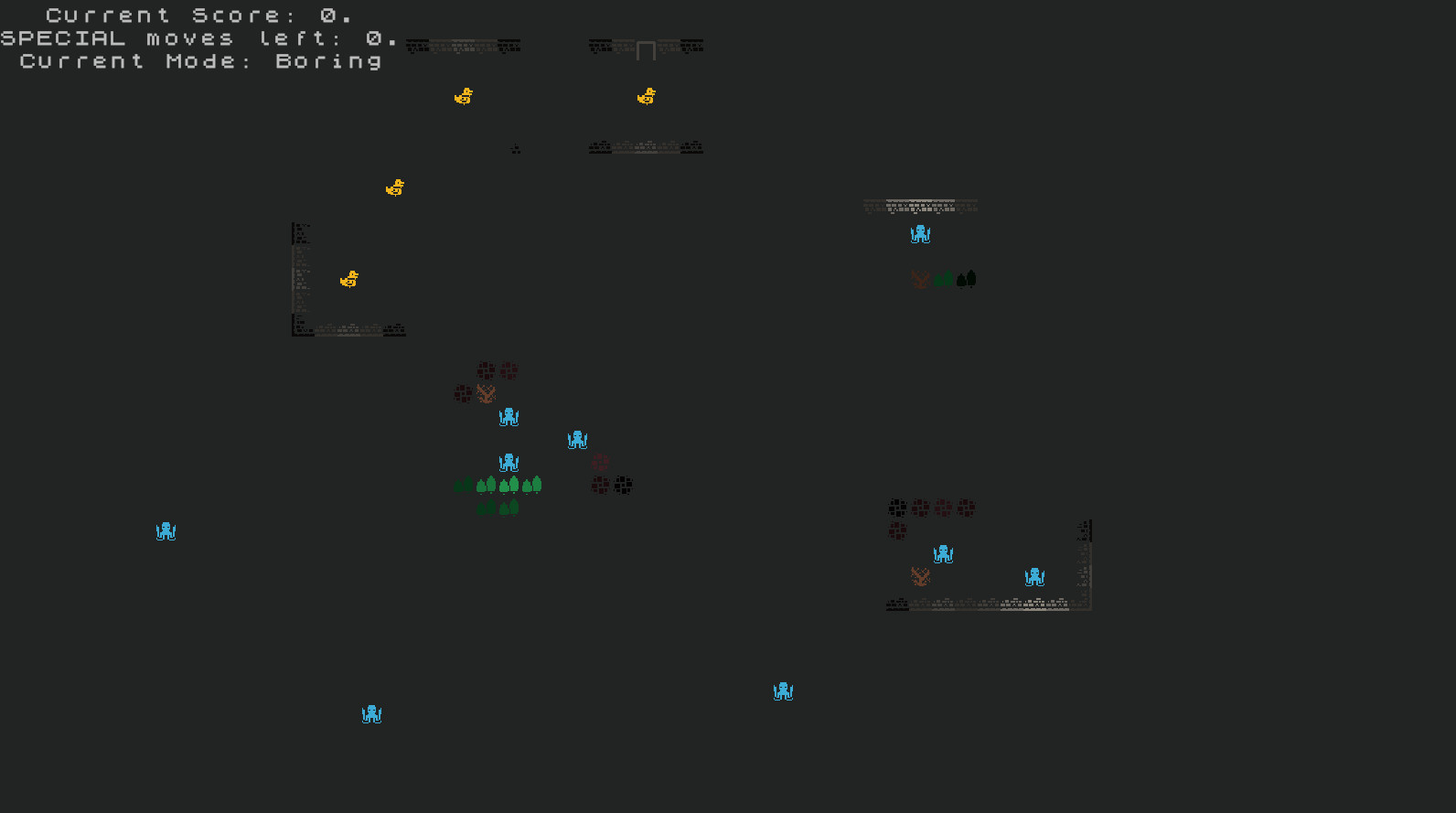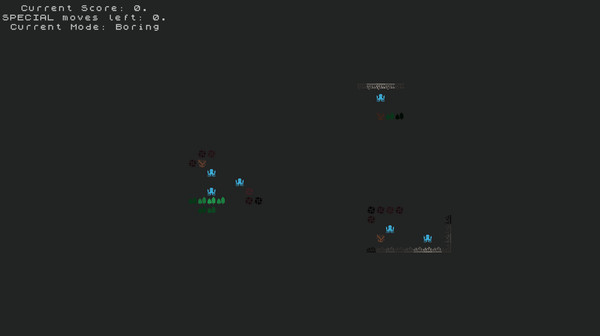

In November 1853, Isaac Stevens, Governor and Superintendent of Indian Affairs for the new territory, arrived in Olympia and promised that extinguishing the Indian land title was foremost on his agenda, to be resolved through the treaty-making authority granted him by the federal government. Our whole territory is alive with Indians, complained one pioneer, who kept up a most provoking and unceasing broil about the lands which they say the Bostons' are holding without a proper and legitimate right and title to the same. Pioneer settlements were springing up in S'Klallam territory at places like Dungeness and Port Townsend, and a saw mill was already operating at nearby Port Ludlow. Bloody clashes between Indians and whites occurred throughout the territory with increasing frequency. By 1853, when the Washington Territory was created, government records indicated that S'Klallam numbers had dwindled to only about 400.Īt this point, there were already some 4,000 settlers north of the Columbia River, mostly concentrated in the Puget Sound area. Hudson's Bay Company records suggest there were approximately 1,500 S'Klallams in 1845. Estimates of mortality among the Pacific Northwest Indians, resulting form European-born disease, range as high as 90 percent. Disease, such as smallpox, for which Native Americans had no immunity, devastated the population and social fabric of the S'Klallams. Profound cultural changes followed contact with Euro americans. After the explorers came fur traders, missionaries, gold seekers, then the settlers.

The first contact between the S'Klallams and Europeans occurred in the last year of the 18th century, when English and Spanish explorers penetrated the Straits of Juan de Fuca, seeking the legendary Northwest Passage. They enjoyed friendly relations with their Salish-speaking neighbors the Twana, and shared fishing sites with them in Hood Canal. The S'Klallams were gathered in at least 15 villages stretching along the south shore of the Straits of Juan de Fuca. Rush mats and notched cedar poles provided temporary shelter. In the spring, individual families made their seasonal rounds and camping at traditional fishing, hunting and gathering sites throughout their territory. Permanent villages of plank and pole houses provided shelter for groups of extended families through the wet winters, which was a time of ceremonial and religious activities. The Salish people were well established in the Puget Sound basin by 1400 A.D, having arrived from the interior by way of the Skagit and Fraser rivers.įor centuries, the Salish occupied the shores of the Straits of Juan de Fuca, Admiralty Inlet and Puget Sound, adapting their lives to the natural bounty of the land, rivers and sea. Historically, they belonged to the Salish speaking people who lived from the central British Columbia Coast to northwestern Oregon and the interior Fraser and Columbia River basins. The S'Klallam were called the Nux Sklai Yem, Strong People. only.ĪPPLICATION for COMMUNITY SUPPORT PAYMENTSĭIRECT DEPOSIT APPLICATION (if not already set up with Accounting)Įarly History | European Contact | Refusal To Relocate | Point Julia | References If you have any questions, please call Mandi Moon at (360)297-6299 between the hours of 8:00 a.m. No payment will be issued for any application received after this deadline. The absolute deadline for all applications is Tuesday January 31, 2023, no later than 4:30 p.m. APPLICATION RECEIVED BY:ĬHECKS CAN BE PICKED UP IN THE ACCOUNTING OFFICE. Please submit applications to: or you can drop it off at the black box ON THE SIDE OF THE CHILDREN AND FAMILY SERVICES BUILDING.

There will be a total of 5 check run dates. Applications received by Wednesday Januno later than 4:30 p.m. The FIRST check run/direct deposit will be Friday January 13, 2023.

The applications are available at the front desk of the Tribal center, or from the Tribe’s webpage at beginning. This assistance is offered under the General Welfare Program to help promote the health and welfare of the tribe. The Port Gamble S’Klallam Tribal Council authorized a $2,000.00 Community Support Assistance payment to enrolled Port Gamble S’Klallam tribal members, 18 years or older, to help defray rising inflation and on-going economic hardship from COVID 19.


 0 kommentar(er)
0 kommentar(er)
